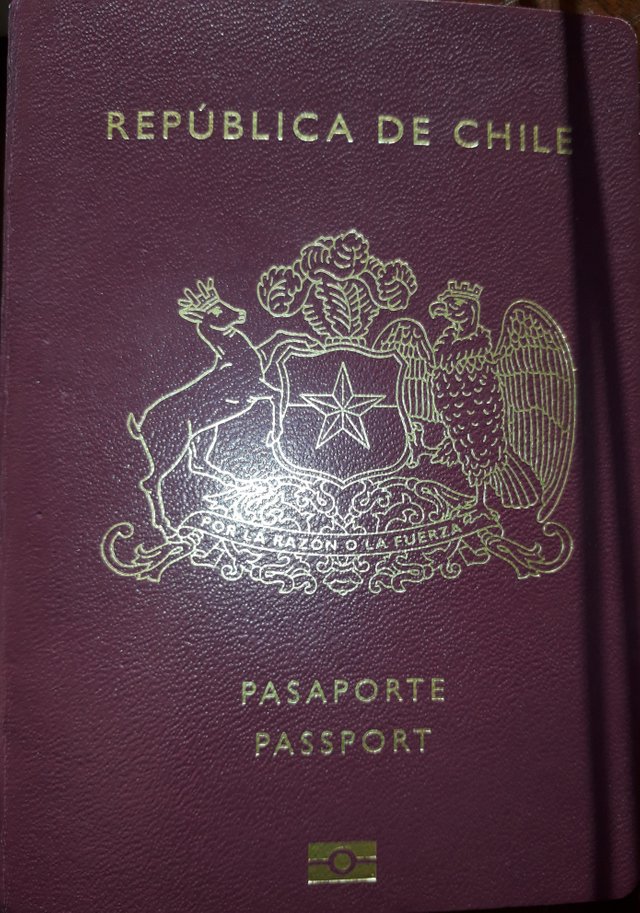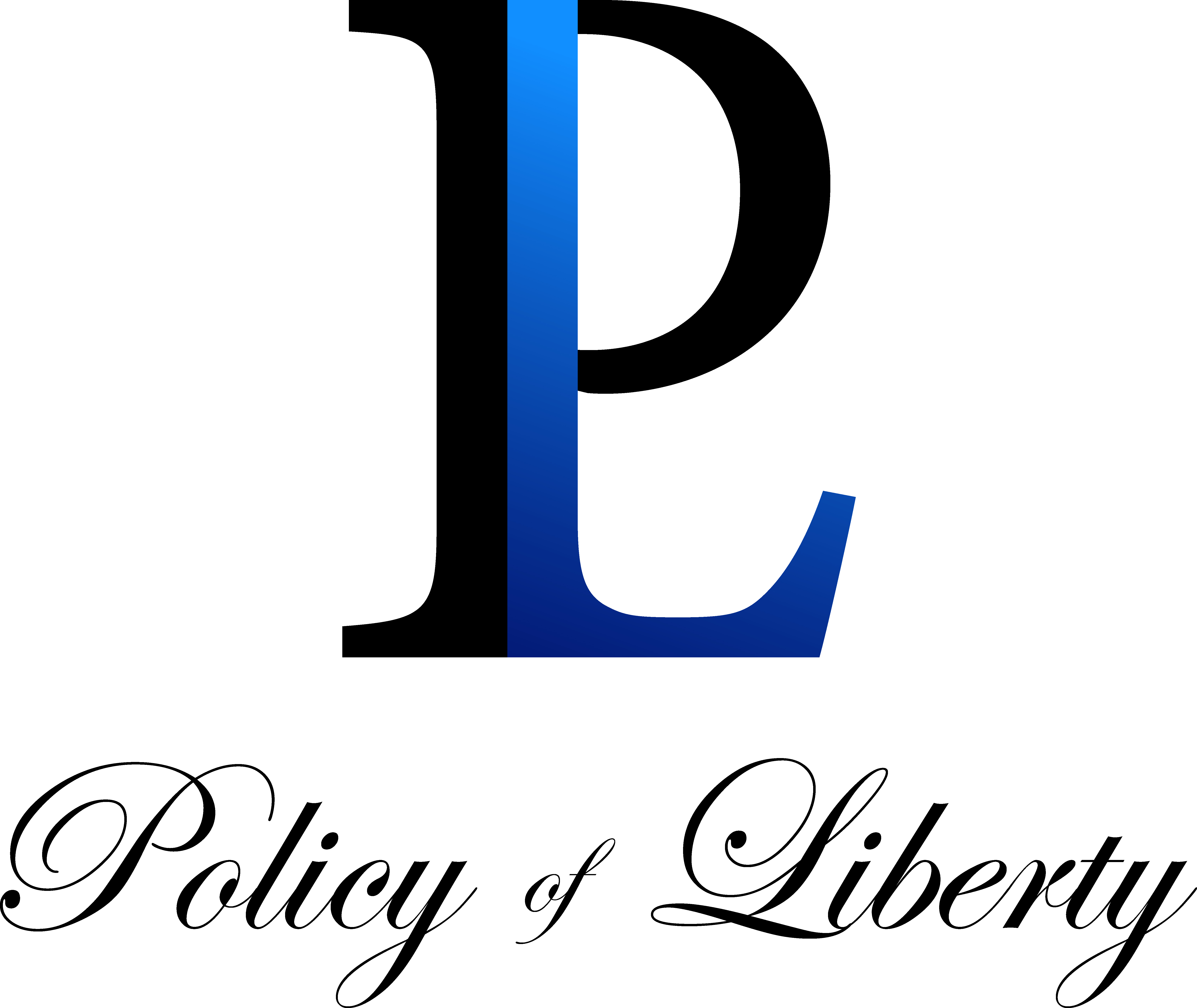Economic vs. Real Second Passports: case of Nevis vs. Chile
All second passports—or even first ones—are not equal. Americans who also hold Nevis (population 11,108, or 54,200 if including St. Kitts) or other "economic passports" may have trouble opening international bank accounts if the birthplace field says "United States." Apparently, the threat is real. An interesting article in Nomad Capitalist reveals the salient details. While relatively expensive second passports from Malta and Cyprus are sounder than Nevis—and certainly better than Dominica—they are still not as good as "real" passports obtained by normal nationality programs. The former will cost between US$100,000 and US$1 million, while the latter might cost less than US$100 but require extensive residency in the country of choice.
However, those countries stick out like sore thumbs on the world radar. The population is so low in each place and everyone stationed at whatever border, or any offshore bank, will know that if the passport holder was born in the U.S.A., he is likely using the passport to get around FATCA compliance or taxes. Not too many originals from those places are actually born in the U.S.A. and then spend most of their lives in their primary passport country.
Compare that scenario with the case of a Chilean passport holder whose front page indicates he was "born in the U.S.A." Chile, a top-30, OECD country (population 17 million), does not sell its passports or award them to those who make investments in the country. One has to go through a five-year process that requires, at bare minimum, between six and seven months residency in the country during the first year and physical presence on the soil at least one day per year afterwards. But, in the end, the payoff is high: Chile is well-respected in the world and offers visa-free travel to the U.S.A. (uniquely among Latin American countries), Europe, Canada, New Zealand and Russia. The outlay in dollars is between $50 and $3,000 for government fees, depending on one's initial nationality. My consulting firm offers a service to help people get residency and citizenship for fees totalling under $4,500 (plus dependents and required extras, if any).
I know about Chile well, and offshore banking requirements, since I am a former American citizen who now holds a Chilean passport that has experience opening offshore accounts. One of my American friends residing in Panama much of the year, conveyed to me his dissatisfaction with the Nevis passport (and others, as the Nomad Capitalist report details) since banks gave him a hassle. He was flagged as being born in the U.S.A. and he had no proof of renouncing that citizenship. In fact, almost no one in the world will believe that an American would ever renounce his allegiance to the most powerful nation on earth since, supposedly, everyone wants to have it.
Nevertheless, Chileans who were born in the U.S.A. do not have a problem avoiding FATCA rules or opening bank accounts in Chile. In Europe, they must simply sign a statement that they are no longer tied to the U.S.A. with some banks. They are not treated the same as those with economic passports. Why is that the case? The answer is fairly simple: there are so very few of us who were Americans that are now Chileans.
Anecdotally, I was in the Líder (Wal-Mart) supercenter checkout lane the other day and the cashier commented (upon seeing my national ID card) that I was the first Anglo-Saxon person that he had seen with Chilean nationality over his twelve years of employment. In reality, I am of Italian and Russian descent, not Anglo-Saxon, but the cashier was simply judging from the fact that English is my first language, apparently. The international policeman processing my citizenship told me a similar thing in 2013: after decades on the job, I was the first American he had seen become a Chilean citizen. Indeed, I knew of no other Americans who opted for Chilean naturalization at the time, and now I know of a couple dozen who are applying for citizenship after having gone through our aforementioned residency program.

That apparent fact means that over 99% of Chilean passports that state a person was "born in the U.S.A." were issued to people whose parents were working or studying in the U.S.A. at the time of his birth. Most of them have hardly ever lived there. Hundreds of thousands of Chileans work or study in the United States for extended periods, and that fact is well-known. Banks in Chile understand that situation, and do not question citizens based on birthplace. Only Americans are treated like second-class citizens due to FATCA regulations. I have never been questioned by any Chilean bank in four years. Only one European bank made me fill out a form (even though I am also an Italian citizen), wanting to make sure that I was not still a U.S. taxpayer or subject.
Still, my friend from South Carolina that went to Panama (and has never been to Chile) was sure that I would soon be hassled. He is mistaken. Yet, he continues to base his views on outdated information written in English about Chile that is often incorrect. His latest mistake was to generalize banking problems associated with the Nevis passport (and other economic ones). He said, "My close friend from Lugano, Switzerland was the first to tell me back in 2013 about the FATCA issues for any foreign passport with a U.S.A. birthplace. He was the one to tell me in 2007 that the crash was coming told me he would not be traveling to the U.S.A. any more as a result. At the time he was a Swiss Banker for Julius Baer." He concluded: "As I have said multiple times right now the only solution is for those account holders at that point would be to renounce their U.S. citizenship and provide the paperwork to the banks, period. You have not run up against it yet but you definitely will, even in Chile. It is only a matter of time. The problem is there are many that do not want to give up their U.S. citizenship, so things will be quite difficult for them." Indeed, "It is happening all over. I have friends in different countries that are being called in to top banks like Scotia, HSBC, etc. Some opened accounts in 2001-2002 and are being asked for numbers just because they have the U.S.A. listed as their birthplace on their foreign passports. So despite what you experienced, John, it is happening and more and more of the smaller banks are following suit." Finally, "I'm sure Chilean banks are on the lists as well so expect to see this more and more even in the Utopia of Chile."
I can see why Nevis and other micro-, especially non-EU countries would be targeted, in particular those that are known for selling economic passports. However, Chile is insulated. Again, thousands and thousands of Chileans were born in the U.S.A. (or Canada, Australia or Europe) while their parents studied or worked there. Many of those kids return with dual nationality and most of them never return to the U.S.A. other than for a trip or vacation. Indeed, if press reports are to be believed, they are renouncing U.S.A. citizenship in droves due to FATCA regulations and possible U.S. income taxes due (or reporting required with severe penalties for non-compliance). In Chile, the vast majority of U.S. passport holders that are identified as being born in the U.S.A. are not expats. Thus, the flagging that my friend worries about will be less likely here in Chile. Very few Americans become Chileans and even fewer dump U.S. citizenship. Nevis is another story. I hope that makes sense.
I do not live in a bubble. My experience is my experience, and it is relatively wide and deep. I do not deny what my friend says, of course, about the woes of economic passport holders, confirmed by the Nomad Capitalist. I run into many expats in Chile, and it is uncanny that none have mentioned the problem before, but it certainly could be happening in other parts of the world under other circumstances. It is simply not much of an issue in Chile or for Chilean passport holders doing business abroad.
I have used Chile as a counter-factual case because I know about it intimately. However, I am fairly certain that people born in the U.S.A. carrying New Zealand, Brazilian, Peruvian, South African, South Korean, etc. passports will fare the same. People from many larger countries end up being in the U.S.A. to work or study and have kids there, but few of the people living in those places are actual former Americans. Thus, I do not foresee those country's banks targeting people with birth-ties to the land of the free. The bottom line: if you are an American who wants to avoid border or offshore banking hassles, bite the bullet, do the time and get a real second passport!
John Cobin, Ph.D.
Escape America Now

How could anyone have ever been so mistaken to toss Chilean passport holders into the same category with economic passport holders like those from Nevis, etc.?